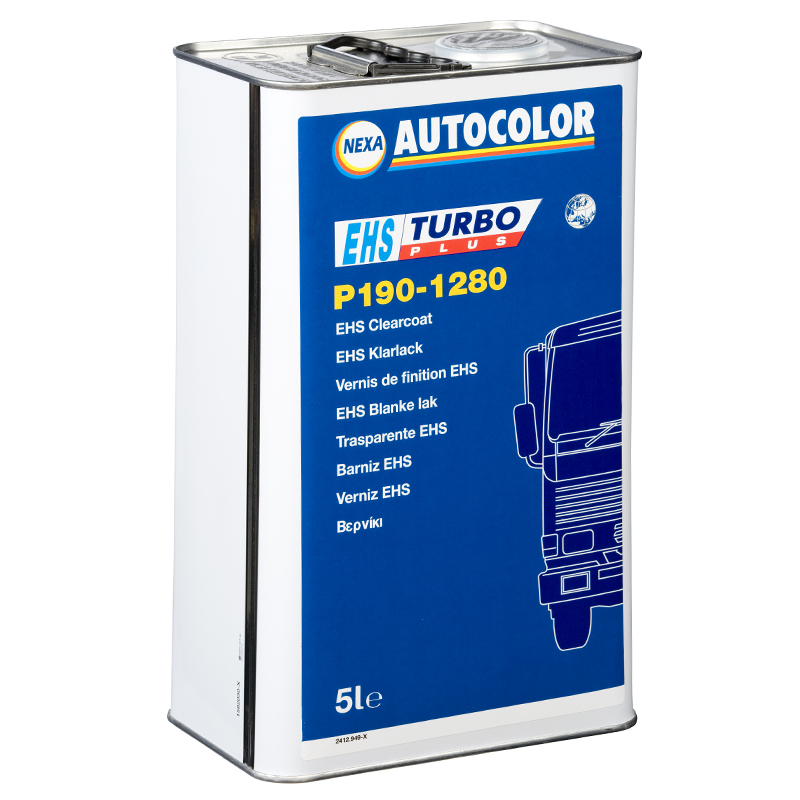
The FleetWatch brand signifies quality and to maintain the vehicles paintwork FleetWatch only use premium paint systems, like NEXA AUTOCOLOR®.
One of the latest products from Nexa Autocolor that is proving to open new business opportunities in the market is the Paint Performance Enhancer SPP2000 with ‘Nano’ technology. This Paint Performance Enhancer is designed to reduce surface tension of the paint film and is proving popular.
The unique SPP2000 formulation, based on nano technology, can be used in combination with Nexa P498 EHS Turbo Plus Topcoat and P190-1280 EHS Turbo Plus Premium Clearcoat to reduce the surface tension of paint film. The ultimate effect is that less dirt and grease adheres to the surface of the dry paint film, improving surface durability and reducing cleaning costs.
Thorough testing by our FleetWatch technical experts have shown that, whilst traffic film may build up on the surface as one would expect, it is when you turn to cleaning down the vehicle that the advantages are truly realised.
This product enhancer can also play a vital part in eco-friendly efforts in the commercial vehicle market. Within the commercial vehicle market there is great pressure to reduce the volume of traffic film remover used, so that we can reduce the amount that is washed into our water courses. If we are able to reduce the harsher cleaning additives down to mild detergents, then the effect on the environment would be drastically reduced.
In the construction market, concrete mixers are regularly hosed down after discharging their material, however, often in the process of load and upload there is a build-up of concrete on the rear frame. As time is limited often a quick wash can result in a build-up of hardened concrete. This then leads to use of a mix of strong acidic fluid, later in the day, to help release the concrete from the painted surface.
This practise not only has an operational issue in handling acids safely and the effect it has on the paint film of the vehicle but it also has an operation issue with the control of the rinsed cleaning fluid. These effects all lead to costs in personal protection equipment, reduced longevity of the paint film, which may result in potential repaint costs and possibly high costs of cleaning fluid disposal.
To support this PPG are beginning a small field trial with a leading concrete provider in the UK to see if the effects of SPP2000 assist in easily removing the concrete splashes on the rear frame more easily than cleaning it with water after each charge and discharge, therefore keeping it cleaner, not blemishing the paint surface, nor risking the harm to the operator nor the environment.
There will be many other industries that use viscose fluids, or powders that can get a grip on normal paint films that require arduous cleaning regimes, wasted time and money spent on costly cleansing materials, all of which could benefit from this SPP200 coating additive. Managing a cleaning operation with a benefit to the environment over standard practises would also be seen as a responsible option to investigate.
For further information and field support, contact PPG Industries (UK) Ltd, ukenquiries@ppg.com , or call 01449 771 771 for further information. Alternatively for a discussion on Fleet Livery Management call David Holden on 07798 805 902 for a more specific fleet support consultancy.